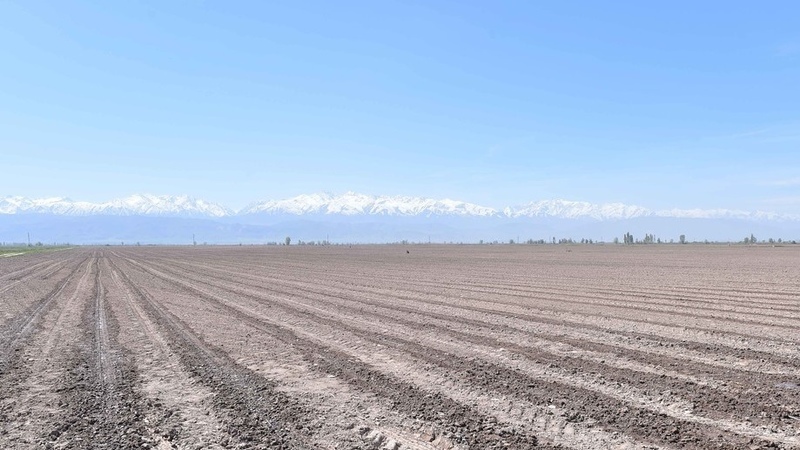
AKIPRESS.COM - Drought, flooding, and soil degradation; these are the problems that impel Kyrgyz farmers to migrate and bring them closer to poverty line. With wide expertise in these issues, FAO has focused its efforts to help Kyrgyzstan in disaster risk management on the policy and technical level, offering best practices from all over the world.
In 2019, FAO launched a project together with the Ministry of Emergency Situation in the Kyrgyz Republic to enhance disaster risk reduction and disaster preparedness in the agriculture sector to support climate change adaptation and ensure food security and better nutrition.
Despite the COVID-19 pandemic, FAO continues to support Kyrgyzstan in climate change adaptation. The Organization has provided the Ministry of Emergency Situation with equipment to establish its system for the efficient processing and management of a database on types of natural disasters in the Kyrgyz Republic. These will be identified using FAO tools, such as Collect Earth. The purchased processors and computers will help the monitoring and disasters forecast department in tracking the current situation. In addition, the information gathered will be used as a central database at national level.
“The agriculture sector is largely overlooked in disaster preparedness and disaster risk reduction planning since the main institutional actors in this area have insufficient expertise in agriculture while, on the other hand, agricultural institutions have also very limited capacity here,” explained Azamat Mambetov, State Secretary of the Ministry of Emergency Situation. ''The government is constrained in resources and capacities on many levels, particularly in identification of agricultural impacts from natural hazards and the technical knowledge on early warning and actions.''
Part of the project’s ongoing activities is a pilot in Uzgen district, Osh oblast area, on developing a draft report on how emergencies and natural hazards affect the agricultural sector. The report compiles in one document, for the first time, current and historical data on climate, emergencies, damages, and the impact of natural hazards on the agriculture, forestry, fisheries, and water management sectors. This new reporting methodology facilitates evidence-based decision-making related to disaster risk reduction and adaptation to climate change, with the aim of enhancing food security in the country and achieving the Sustainable Development Goals.
“We at FAO see that agriculture can be key in working toward disaster risk management,” said FAO Representative in Kyrgyzstan, Adnan Quereshi. “Local authorities, farmers, foresters, and everyone has a role to play in protecting ecosystems and adapting them to mitigate climate change consequences. That is why it is important for us to approach our work in a comprehensive manner and work at all levels, moving from small steps to big ones.”
